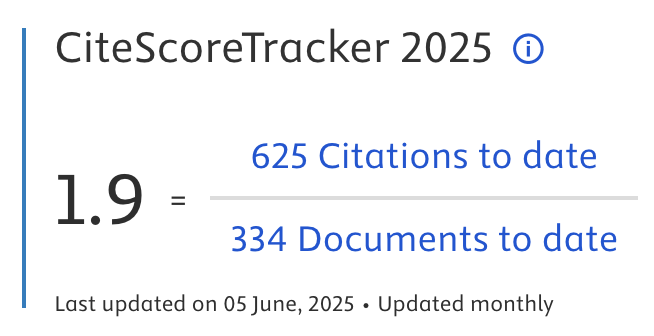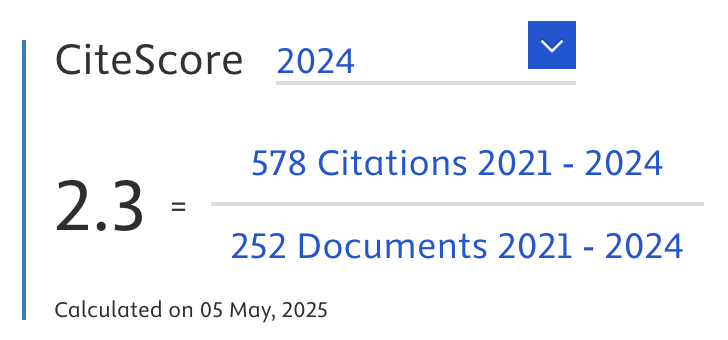Diagnosing Cardiovascular Diseases using Optimized Machine Learning Algorithms with GridSearchCV
Abstract
Accurate and timely diseases diagnosis is the most important responsibility in the healthcare industry for protecting the people lives. Many lives can be spared from death if their cases diagnosed accurately and early. One of the dangerous diseases is cardiovascular disease (CVD), is the leading cause of death worldwide, making it one of the hardest conditions to diagnose. Globally, about 17.9 million of people are died because of the cardiovascular disease. In order to assist physicians in this mission, automated solutions based on machine learning and deep learning techniques are introduced. Therefore, machine learning algorithms can diagnose diseases quickly and accurately, which adds a huge value to the medical industry. This gives physicians and patients plenty of time. To address this issue, we utilized several supervised machine learning (ML) techniques with GridSearchCV optimizer. Using the optimization techniques can enhance the performance and accuracy of proposed ML-based models. Therefore, we conducted a comparative analysis study to identify the most efficient classification model using two benchmark real datasets from the online Kaggle repository. Seven popular machine learning techniques were utilized: Decision Tree (DT), Support Vector Machine (SVM), Logistic regression (LR), K-Nearest Neighbor (KNN), Random Forest (RF), XGBoost and Naïve Bayes (NB). The findings revealed that both Random Forest and XGBoost classifiers yields highest results in both of the datasets used in our study in terms of accuracy 95.38% and 98.54%, respectively. The rest of ML algorithms showed less performance in predicting the CVD in terms of accuracy, where DT and RF achieved an accuracy of 98.53% and 98.52%, respectively, on the first dataset. Furthermore, employing the proposed ML-based model in the diagnosing CVD process shows the expected implications for patients and physicians. In addition, it shows the impact of constructing a real comprehensive dataset to enhance the performance of proposed solutions.
Article Metrics
Abstract: 413 Viewers PDF: 318 ViewersFull Text:
PDF
DOI:
https://doi.org/10.47738/jads.v5i4.280
Citation Analysis:
Refbacks
- There are currently no refbacks.

Journal of Applied Data Sciences
| ISSN | : | 2723-6471 (Online) |
| Organized by | : | Computer Science and Systems Information Technology, King Abdulaziz University, Kingdom of Saudi Arabia. |
| Website | : | http://bright-journal.org/JADS |
| : | taqwa@amikompurwokerto.ac.id (principal contact) | |
| support@bright-journal.org (technical issues) |
 This work is licensed under a Creative Commons Attribution-ShareAlike 4.0
This work is licensed under a Creative Commons Attribution-ShareAlike 4.0




